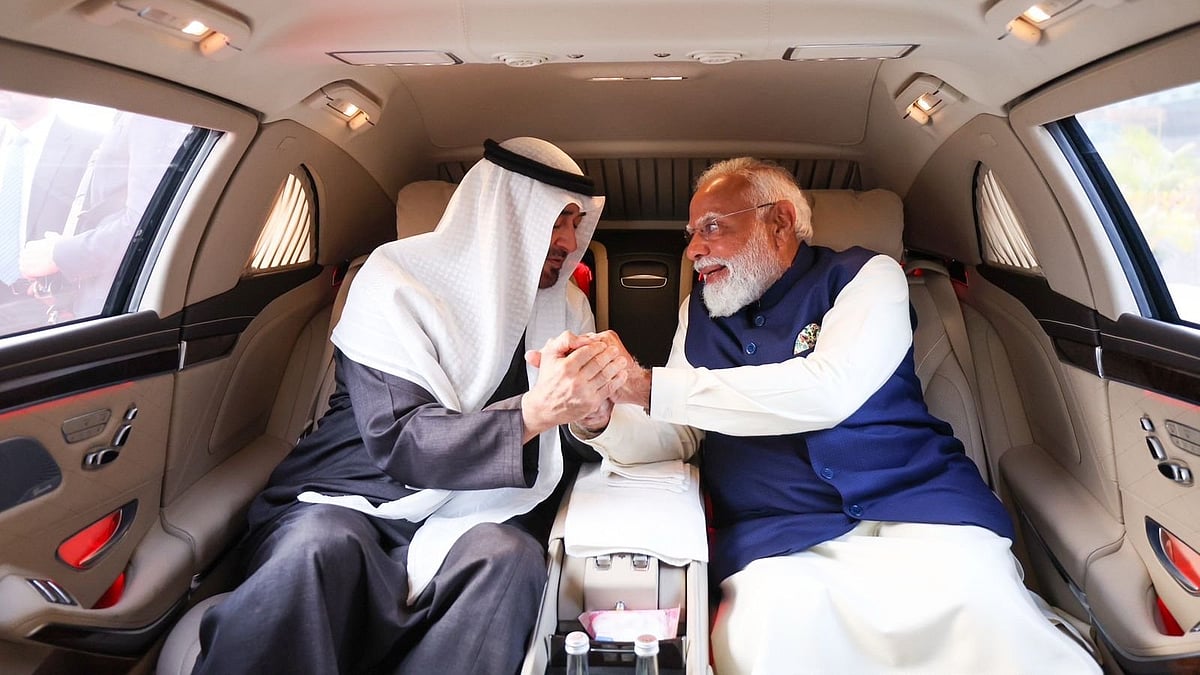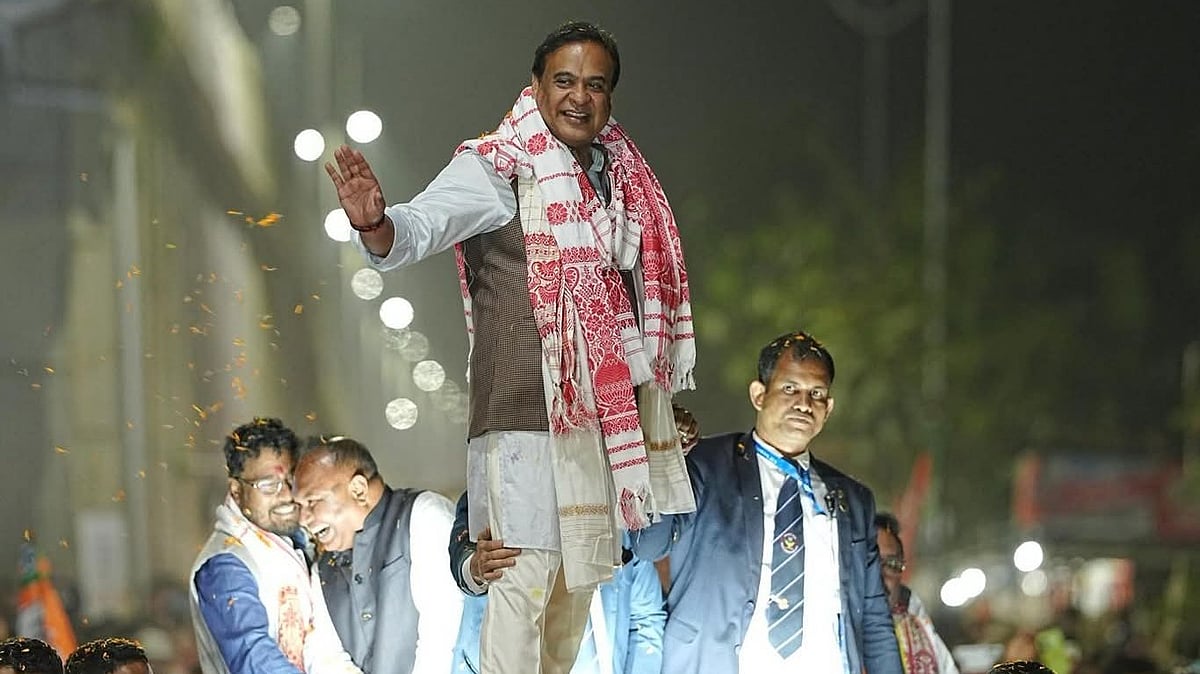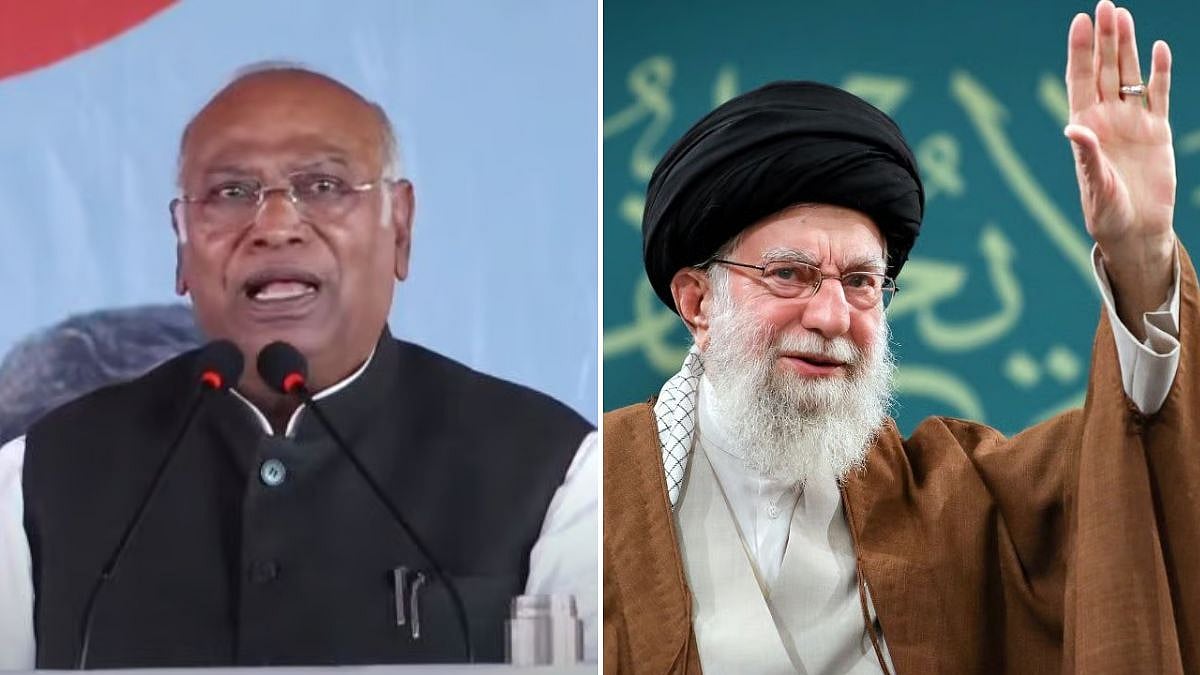Shopping Centres Next 2023 in Bengaluru on October 4, Wednesday shed light on a critical aspect of the journey of retailers and mall developers – terms of lease agreements, zoning, design, and marketing and promotions. Building upon the insights on Occtober 3, the focus on Thursday was on trying to understand retailer needs, strategies by mall developers to address retailers’ requirements, and the future of shopping in India.
Eminent retail experts and spokespersons from leading brands including Wildcraft, Caratlane & Shaya, Arvind Fashions, Adidas Group, The House of Rare, Wow! Momo, Shoppers Stop, Rubans Accessories, VIP Industries, Spencer’s & Nature’s Basket, MINISO Lifestyle, Soch Apparels, Raymond, WROGN, Trent, YLG Salon, Croma, Modenik Lifestyle, Hidesign, Ecco India, McDonald’s West & South, Landmark Group, Bestseller India, PUMA, Tim Hortons India, and Being Human Clothing gathered to share their insights and experiences.
Retailers Advocate for Longer Lease Terms
Among their many requirements, retailers voiced their need for greater flexibility, advocating for longer lease terms, ideally spanning 15 years. Malls, on the other hand, are faced with pressure to churn revenue and accommodate newer brands. They also sought advance intimation and streamlined marketing campaigns, especially for ATL (Above the Line) campaigns planned by the malls.

Clustered Zoning and Experiential Shopping
The participants further expressed a preference for clustered zoning, particularly in F&B (Food & Beverage), compared to fragmented zoning. The objective is to create a shopping experience where consumers can easily locate related products or services within a concentrated area.
Elucidating the significance of experiential shopping and the need to reimagine spaces, Sunil Munshi, Business Head – Retail Brigade Group, Orion Mall, said, “Malls have to be experiential and go beyond selling. F&B and entertainment quotient play a big role in making malls experiential. Post Covid, fast fashion in the apparel category is doing very well. F&B and entertainment are accounting for a big chunk of the business. At Orion Mall, we have gone from 7% to 15% after making this change. Malls need to redefine their spaces with higher areas for these two segments and also focus on fast fashion.”
Collaboration for Promotions
Sharing the need for malls and retailers to collaborate for promotions, Sneha Jain, Retail BD Head, Hidesign, said, “There are constant new product and new collection launches by brands. Besides social media marketing, on-ground sales, influencer marketing, SMS roll out, I think malls can also support brands in this.”
Consumer Preferences and Regional Variances
International brands foraying into India have also made a visible impact on consumer preferences and made them more open to them and switching to luxurious choices. Drawing a comparison between consumer preferences and needs between the northern and southern parts of the country, Pushpa Bector, Senior Executive Director DLF Retail, DLF Mall, remarked, “DLF resonates with what the northern customer segment needs. From the consumption point of view, it is far richer in terms of propensity to spend, brand consciousness, resonates well to international brands coming here and is open to luxury. Occasions like the big fat Punjabi wedding have resulted in the ‘Punjabification’ of other regions as there is a need for many to lead a life larger than what they can. We are catering to that demand. Having said that, I think each property should be differentiated to cater to the right communities.”
Rethinking Malls as Social and Lifestyle Destinations
In the discussion on innovating lifestyle and social destinations for a customer-first age, panelists spoke about malls rethinking their business to become a social/lifestyle destination and balance experiences and retail.
Prasad Rane, CMO, Property Zone Services, ICS Realty Group, said, “Malls evoke an image of transactions and consumption. They need to become social destinations with initiatives and spaces for activities like laughter clubs, amphitheater, etc.”
Design's Role in Experiential Shopping
When asked about the importance of design in experiential shopping, Ashish Bhandari, Head Malls, R City Group, said, “Changes in architecture of malls go beyond transactions with ample spaces for experiences. People like to see, smell, and hear experiences such as strolling and smelling coffee beans outside the coffee shop in the food court. Future malls can factor this but existing old malls can try and do activities. Location is also a key aspect along with per capita income and spending capacity in determining a mall’s success.”
Adapting to the Future: 2030 and Beyond
Looking ahead to 2030 and beyond, panelists envisioned shopping centers evolving into four categories - Destination Centers, Values Centers, Innovation Centers, and Retail Destination Centers. Adapting to changing consumer behaviors and leveraging technology will be crucial for the success of shopping centers in the future.

The new cohort of shoppers has ushered in a new era of expectations, breathing new life into brick-and-mortar retail. As the retail terrain undergoes transformation, developers must meticulously curate their vendor line-up and prioritize the overall shopping experience they provide to their patrons. The insights and discussions at Shopping Centres Next 2023 offer valuable guidance for the industry as it navigates the evolving retail landscape in India.





